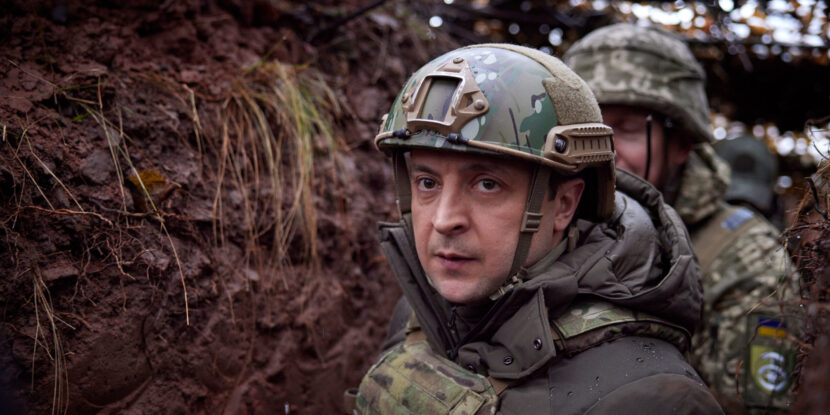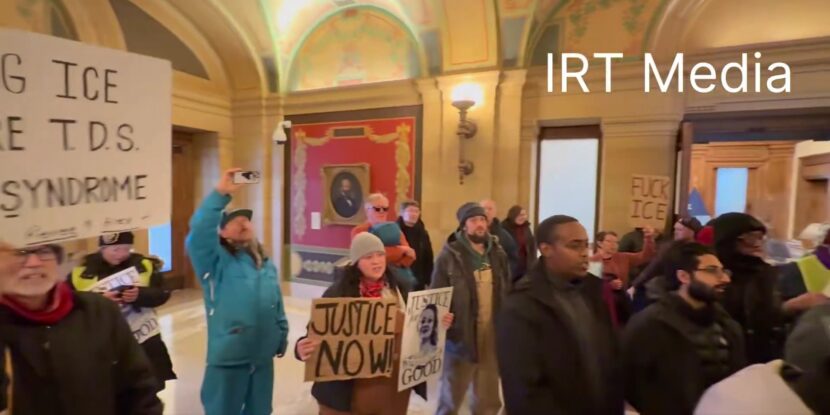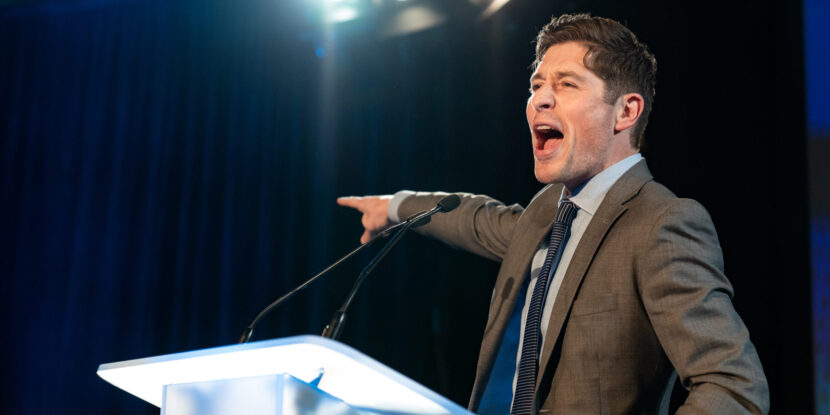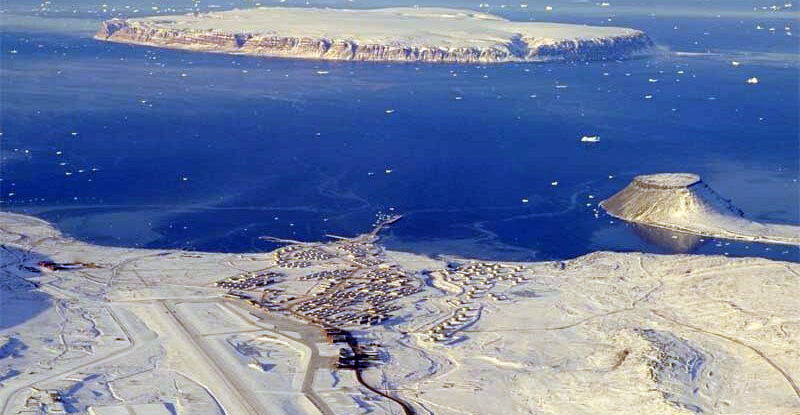Ukraine’s President Volodymyr Zelensky claims that U.S.-led United Nations (UN) peacekeepers on the frontlines are critical to any cessation of hostilities with Russia. Speaking at the World Economic Forum (WEF) in Davos, Switzerland, Zelensky said he would welcome peacekeepers from other European nations but stressed that without a U.S. presence, Russia would likely invade his country again.
“It can’t be without the United States… Nobody will risk without the United States,” Zelelensky said. France’s President Emmanuel Macron is also pushing for the deployment of peacekeepers under a multinational command. For the last year, Macron has pushed for varying degrees of military intervention in the conflict—even considering the direct deployment of the French military to aid Ukraine.
Late last year, the far-left Labour government in the United Kingdom said it is considering sending British troops to Ukraine to serve as military advisors and train Ukrainian soldiers. “The UK will step up our international leadership on Ukraine throughout 2025,” British Defence Secretary John Healey said in December last year, adding: “We will enhance our offer of training to Ukraine and provide battle-winning capabilities.”
However, not all European nations are on board with sending a multinational peacekeeping force. Finland—one of NATO’s newest members—has balked at the idea. Last month, the Finnish President, Alexander Stubb, stressed his European colleagues “should not get ahead of ourselves” when contemplating troop deployments to Ukraine.
Meanwhile, U.S. President Donald J. Trump is turning up the pressure on Russia’s President Vladimir Putin to come to the negotiating table and end his country’s invasion of Ukraine. On Wednesday, Trump threatened to escalate the economic isolation of Russia through additional sanctions and tariffs unless Putin begins peace talks.




















